Results from an early stage clinical trial for a COVID-19 vaccine developed by researchers at the University of Oxford’s Jenner Institute and Oxford Vaccine Group show that it can successfully trigger immune responses against the novel SARS-CoV-2 coronavirus, and appears to be safe in humans.
The Phase I/II single blind, randomized controlled trial was conducted at five trial sites across the UK and involved healthy adults between the ages of 18 and 55 who had no laboratory history of COVID-19 infection or any associated symptoms.
The vaccine, called ChAdOx1 nCoV-19, is a chimpanzee adenovirus vector-based vaccine consisting of a genetically engineered virus that causes the common cold in chimpanzees, and the Spike protein (S) of the novel SARS-CoV-2 coronavirus.
Results from the study were published in the journal The Lancet.
Related: Moderna Posts Positive Interim Data from Early Stage COVID-19 Vaccine Trials
In the study, the vaccine triggered a T cell response within 14 days of vaccination, and an antibody response within 28 days, with levels of both indicators peaking on the given days.
Professor Andrew Pollard from the Oxford research group told the BBC, “We’re really pleased with the results published today as we’re seeing both neutralizing antibodies and T cells.”
“They’re extremely promising and we believe the type of response that may be associated with protection… But the key question everyone wants to know is does the vaccine work, does it offer protection… and we’re in a waiting game,” he said.
It remains unknown how long the T cell response and antibodies may last as the study has not run for a long enough period of time.
“We don’t know the level needed for protection, but we can maximize responses with a second dose,” Pollard said.
The study showed that neutralizing antibodies were produced in 90 percent of people after just one dose. Of the ten people that received two doses of the vaccine, all of them produced neutralizing antibodies.
There were no serious adverse effects of the vaccine. However, 70 percent of people on the trial developed either fever or headache, which could be managed with acetaminophen.
Professor Sarah Gilbert from the University of Oxford said, “There is still much work to be done before we can confirm if our vaccine will help manage the COVID-19 pandemic, but these early results hold promise.”
Oxford and AstraZeneca Partnership
The University of Oxford has partnered with UK-based global biopharmaceutical company AstraZeneca for further development, large-scale manufacturing and potential distribution of the vaccine. The UK government has granted £84 million in funding to help accelerate its development.
“We are encouraged by the Phase I/II interim data showing [it] was capable of generating a rapid antibody and T cell response against SARS-CoV-2. While there is more work to be done, today’s data increases our confidence that the vaccine will work and allows us to continue our plans to manufacture the vaccine at scale for broad and equitable access around the world,” said Mene Pangalos, Executive Vice President of BioPharmaceuticals Research and Development at AstraZeneca.
Oxford and AstraZeneca are collaborating with clinical partners around the world as part of a global clinical program to test the Oxford vaccine in human trials, according to a press release from the university. The global program involves a Phase III trial in the US that plans to enroll 30,000 patients, a pediatric study, as well as Phase III trials in low-to-middle income countries including Brazil and South Africa, which will include 5,000 and 2,000 participants, respectively.
In addition to Oxford, biopharmaceutical companies including Moderna, as well as BioNtech and Pfizer (who have partnered to develop a COVID-19 vaccine), also recently released promising preliminary data for their candidate COVID-19 vaccines. Both Moderna and BioNtech and Pfizer’s mRNA vaccines were also able to produce neutralizing antibodies against the novel coronavirus. This is hopeful as multiple vaccines from different companies will be required to meet the global demand of billions of vaccination doses.
Despite the accelerated pace of development, vaccines for COVID-19 are likely still a year or more away, as both large-scale clinical testing and manufacturing (provided that results from the ongoing clinical trials are positive) will not be easy, or timely, feats.

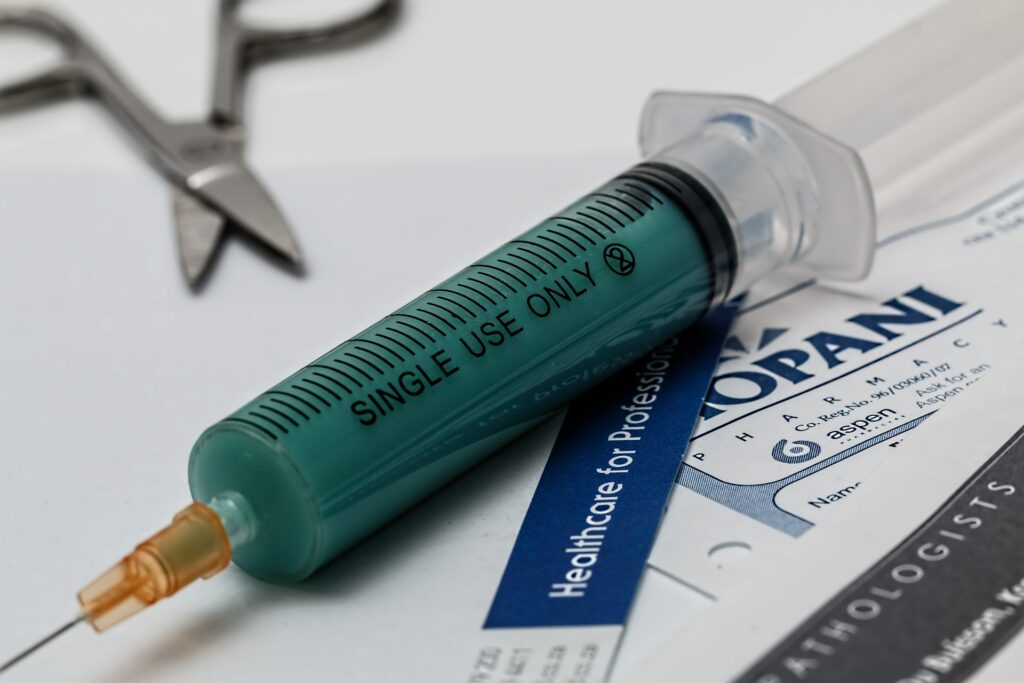
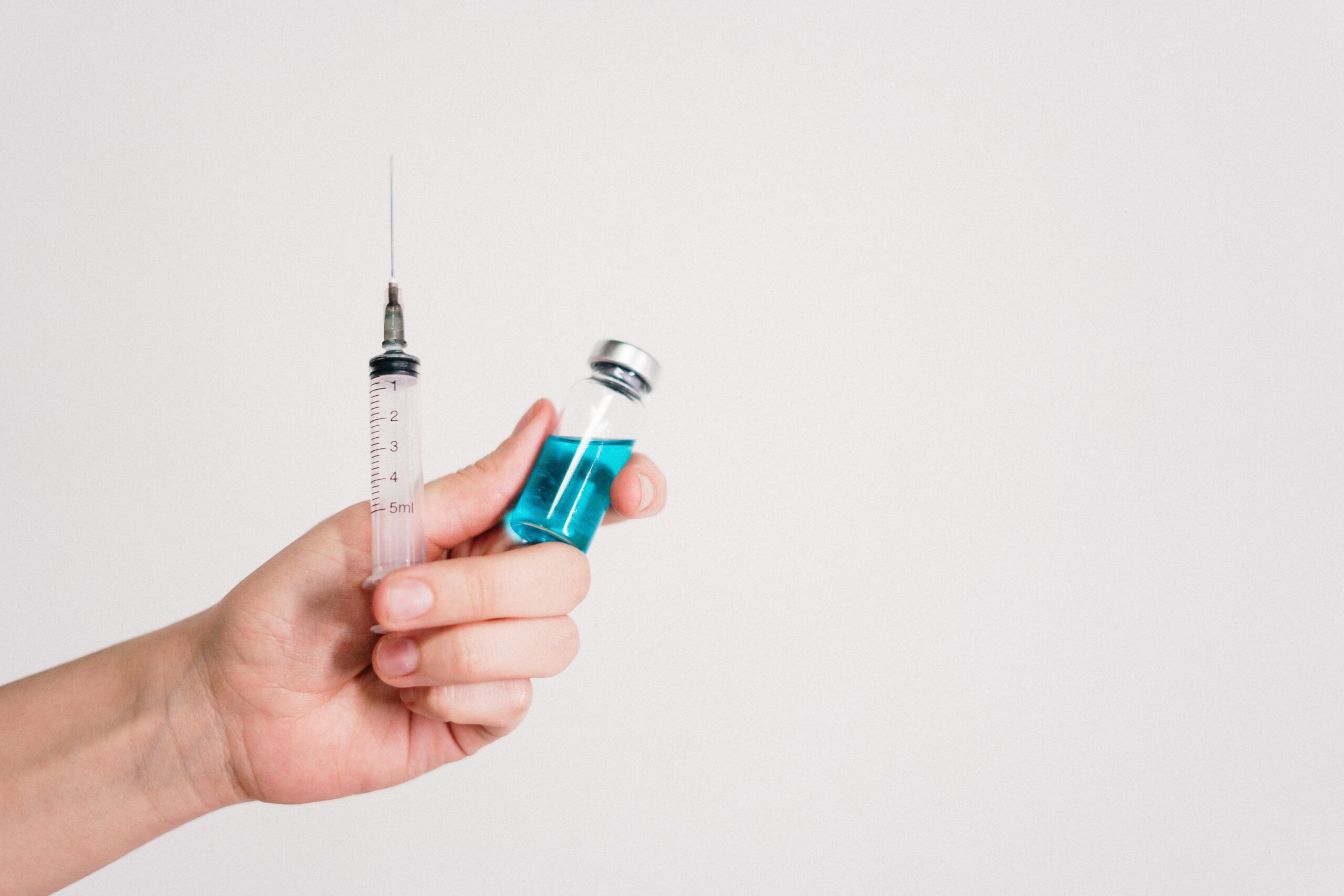
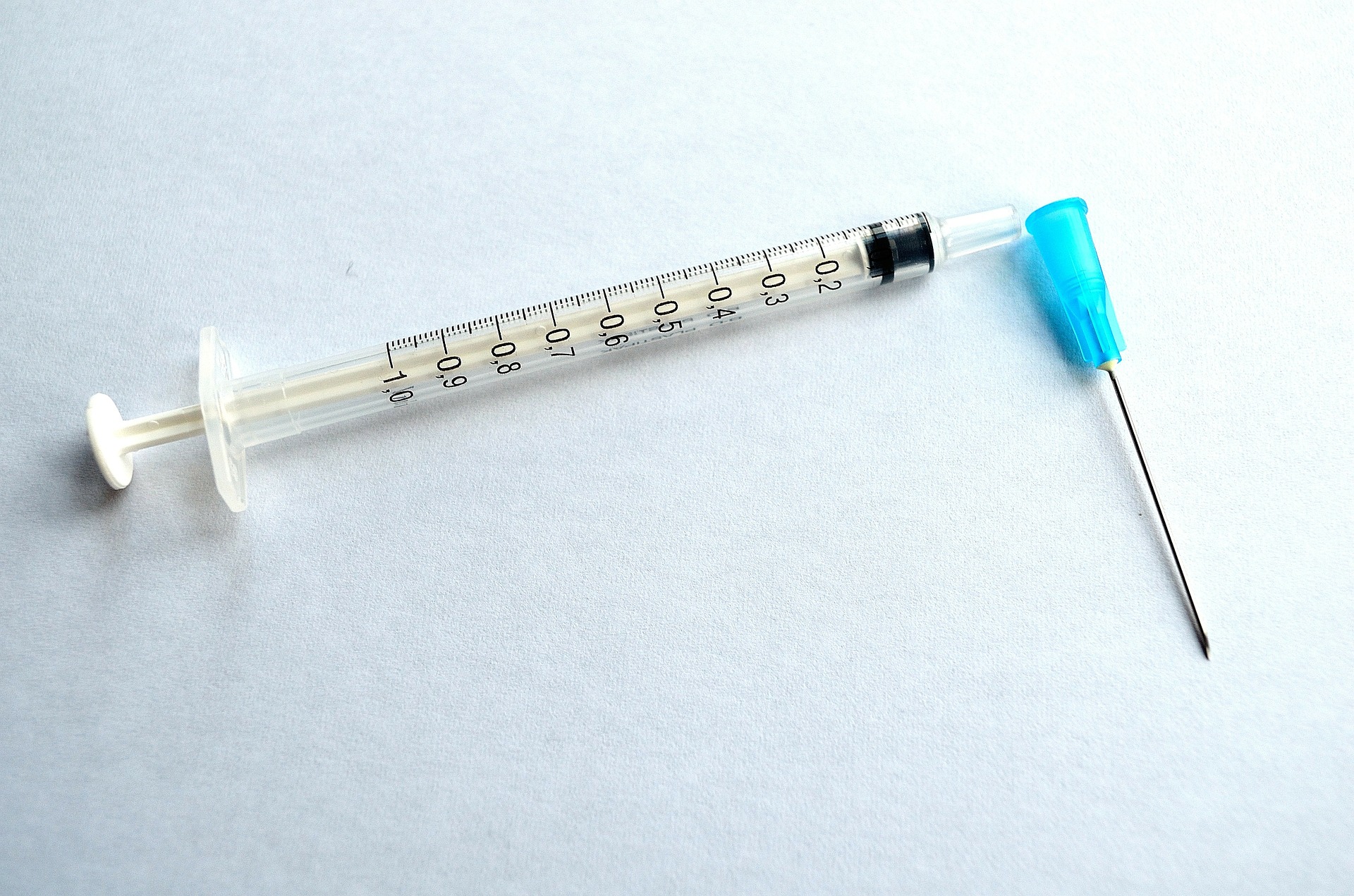

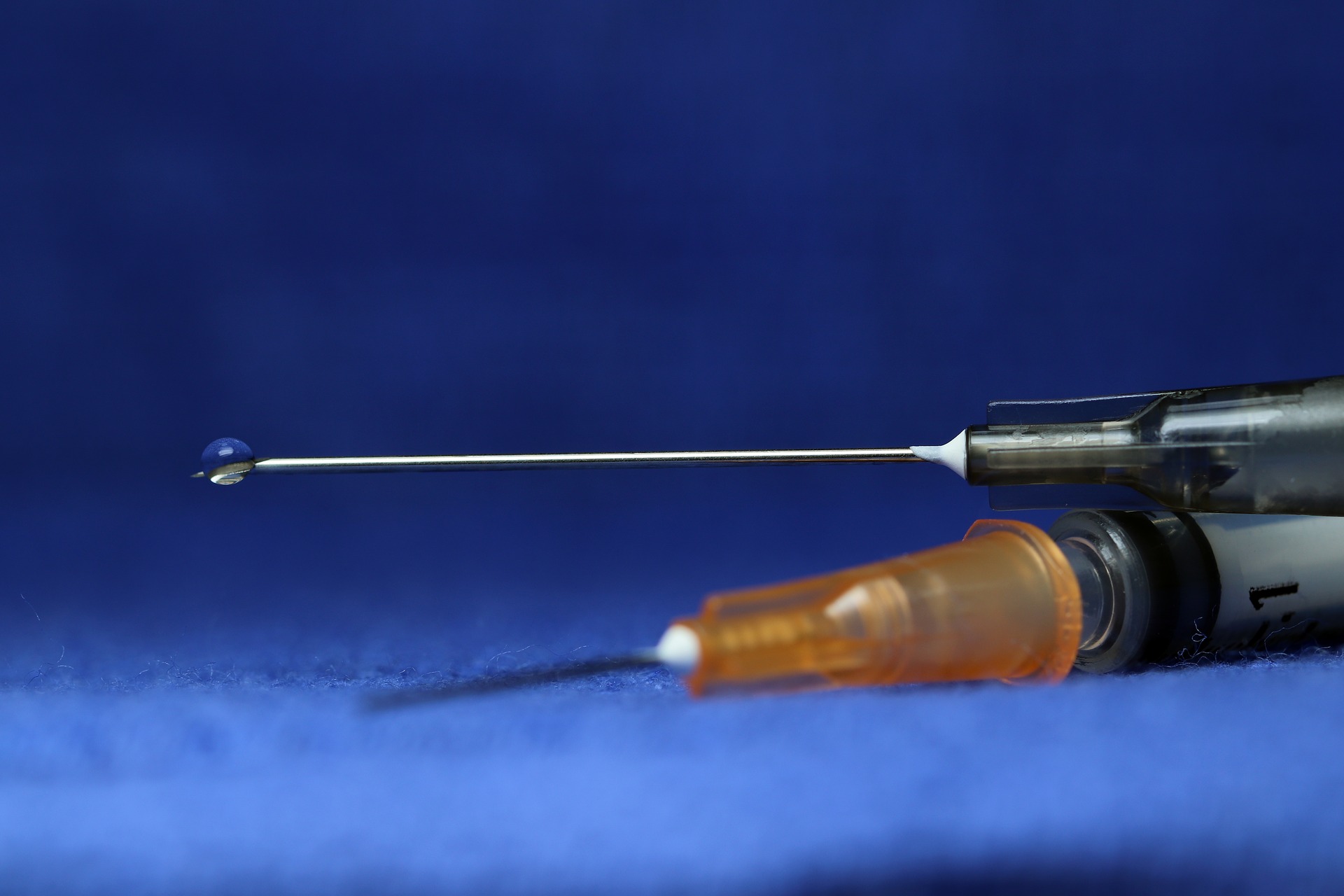
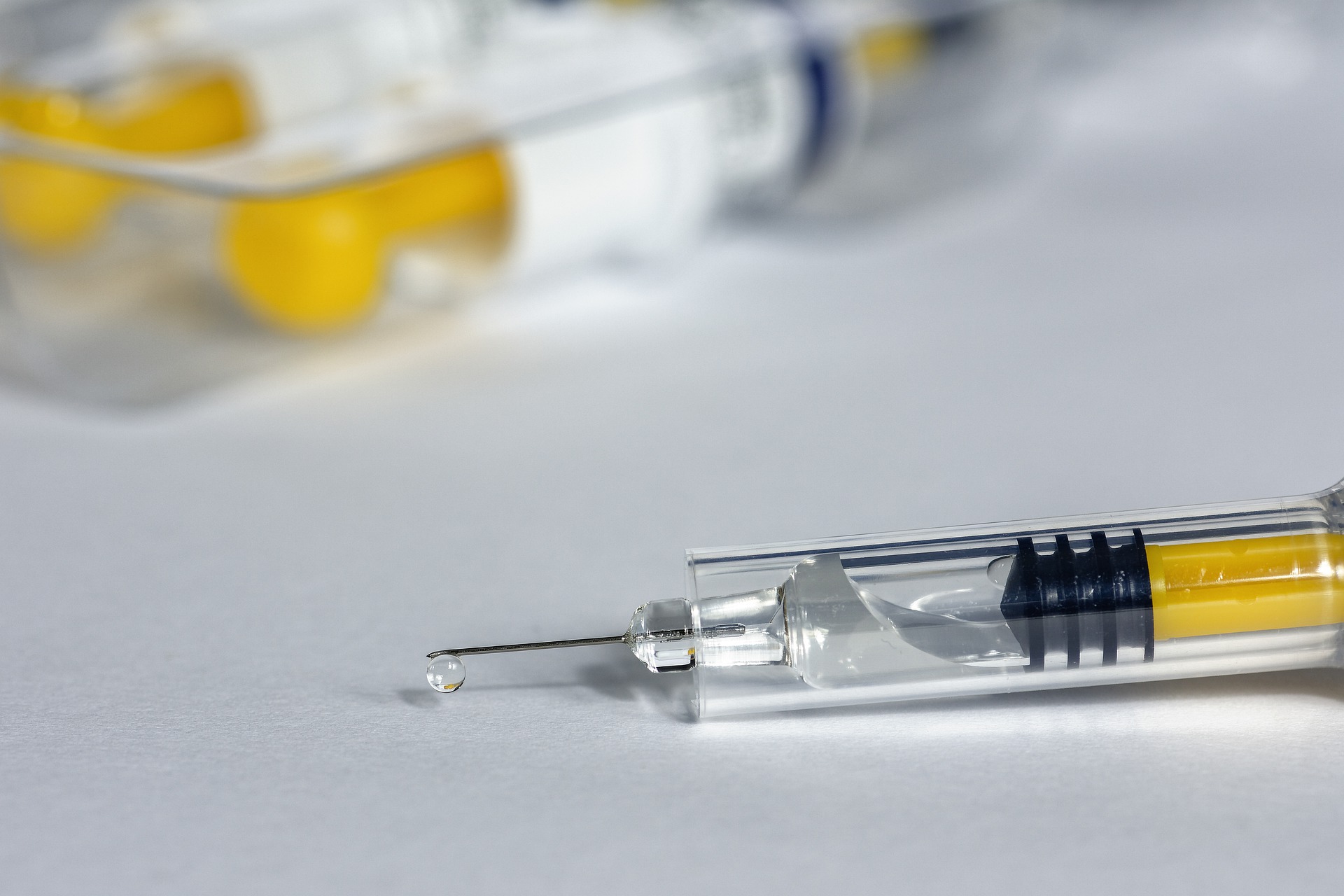





Join or login to leave a comment
JOIN LOGIN